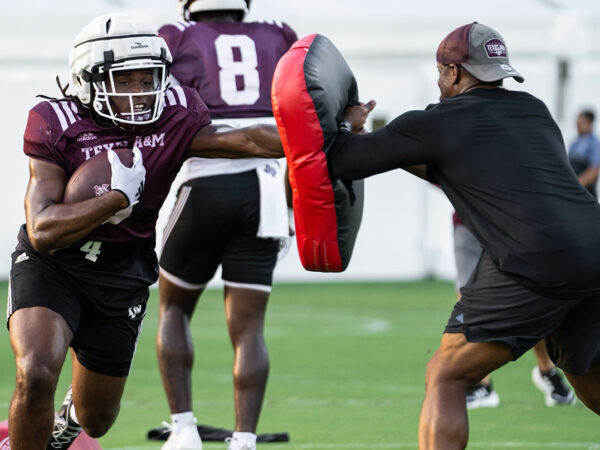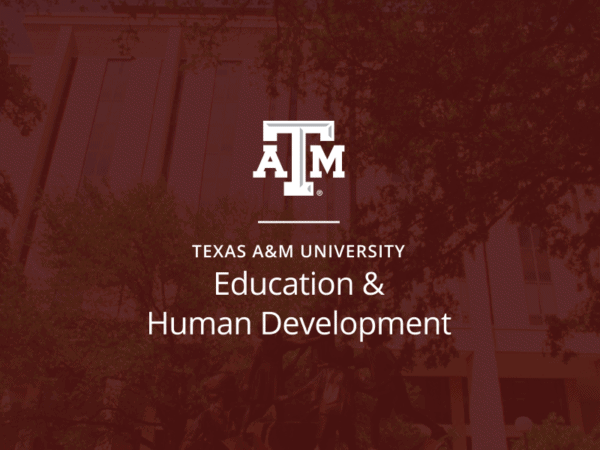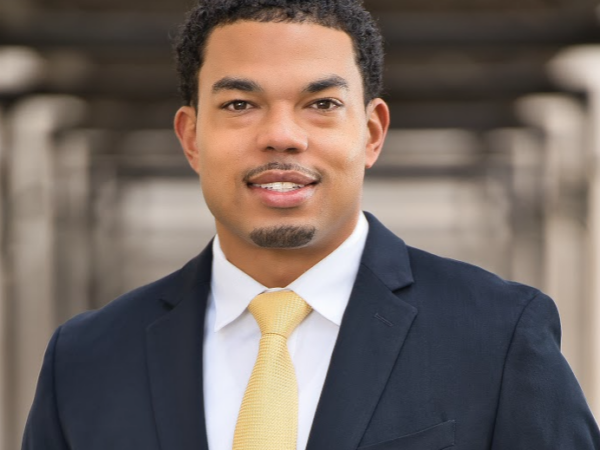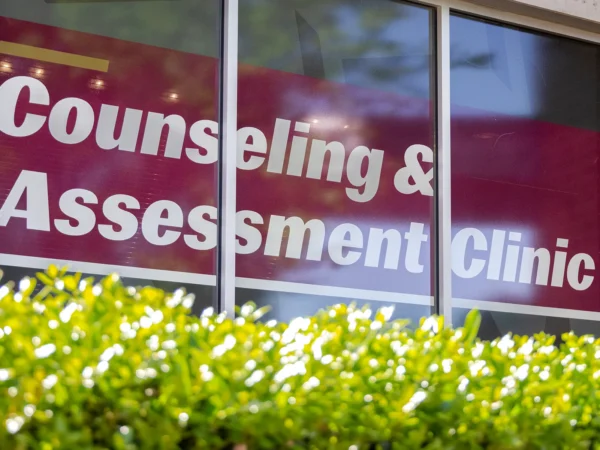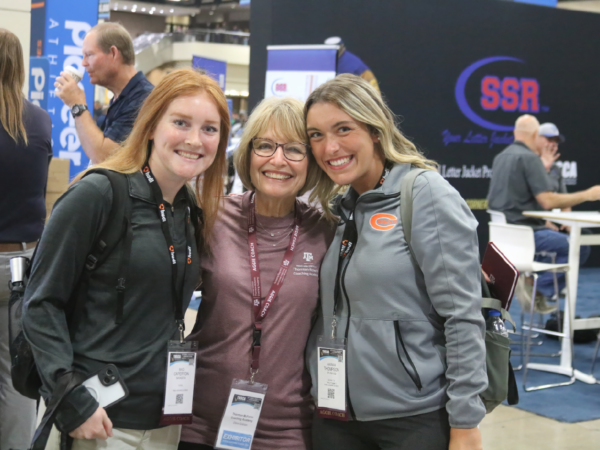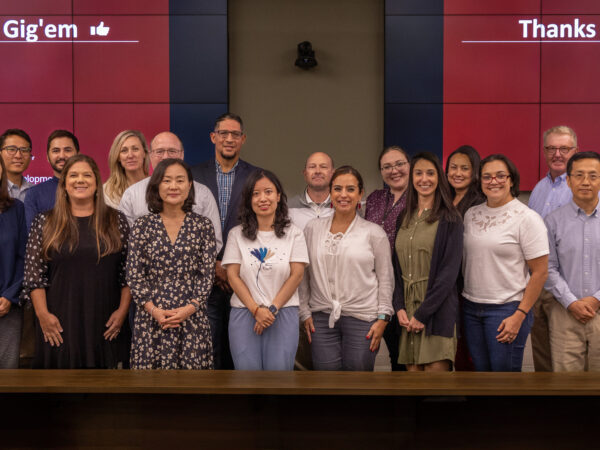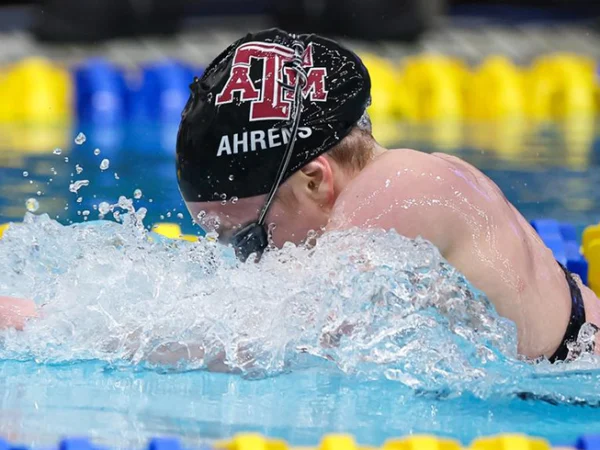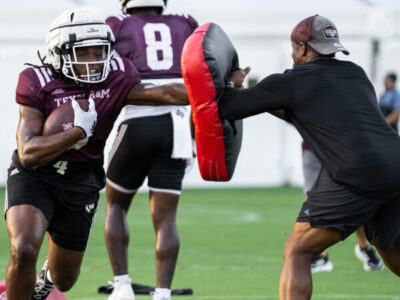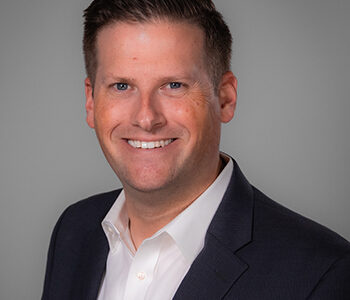Ageism in the health and fitness industry
Picture someone who is physically fit. You most likely did not think of someone over the age of 65, did you?
The implicit bias you just encountered is an example of ageism in the health and fitness industry. Health education expert Dr. Idethia Shevon Harvey defines ageism as the process of stereotyping or discriminating individuals based on age, which influences how aging adults are treated in society.
“Older adults may often experience discrimination when exercising or interacting with fitness instructors, health professionals and family members just because of their age,” said Dr. Bora Jin, Harvey’s co-author.
Harvey and Jin recently set out to understand how ageist attitudes and beliefs play a role in positive health behavior, such as physical activity. They found that ageism comes in many forms and can negatively impact older adults’ participation in physical activity.
Forms of ageism in health and fitness
Ageism can be self-imposed, meaning older adults attribute their physical and mental changes to their age and, in turn, decline physically. However, more commonly older adults experience other-directed ageism, when others stereotype or discriminate against older adults.
Ageism can also be implicit or explicit. Jin said negative implicit ageism is when people think that older adults are physically inactive, frail, breathless, easily fatigued and experience pain with physical activity.
“On the other hand, we can think of examples of positive implicit ageism when older adults engage in strenuous exercises such as cycling, surfing or a regular workout in a gym,” Jin said. “People might think that these active older adults are good examples of healthy aging and treat them more positively than non-exercisers.”
Explicit ageism is typically categorized as ageist actions or practices by fitness or health professionals.
“For example, when a fitness instructor has a stereotypical image of ‘senior-type of activities’, they might guide older adults to just do mild intensity exercise,” Jin said.
Why ageism is harmful
According to the World Health Organization, the proportion of the world’s population over 60 years will nearly double from 12% to 22% from 2015 to 2050. A rapidly aging society puts pressure on the healthcare industry. Physical activity can help delay, prevent or manage many costly chronic diseases, therefore, it is important that older adults do not shy away from fitness.
“It is crucial to create a space where everyone can exercise, no matter their physical limitations or age,” Harvey said. “Exercise is not just for able-body, younger adults, and it needs to be inclusive, focusing on wellness and active living.”
Harvey said we should not discount older adults in the arena of physical fitness, citing examples of athletes who broke exercise records in their later years.
“For example, Ida Keeling (centenarian track and field athlete) did not start running until she was 67 years old, and Ernestine Shepherd (body builder) did not start working out until 56 years old,” Harvey said. “Imagine if family members or friends told them that they were too old to exercise.”
Fighting ageism in health and fitness
Jin and Harvey said the best weapon against ageism is raising awareness for and addressing the stereotypes and biases we hold.
“It is imperative to provide health and fitness practitioners with practical physical activity guidelines addressing ageist issues,” Jin said.
Harvey emphasized that physical fitness is not just about looks. She said we must resist the youth-driven reasons for exercise, like becoming “bikini ready” or “getting a six-pack”, as they do not foster inclusivity in the health and fitness industry.
“Fitness can help older adults with instrumental activities of daily living, for example, cleaning the home, shopping for groceries, moving within the community, which can determine if someone can live independently in their home,” Harvey said.
Dr. Idethia Shevon Harvey is an associate professor in the Department of Health and Kinesiology and director of the Transdisciplinary Center for Health Equity Research. Dr. Bora Jin is a doctoral graduate in the Department of Educational Administration and Human Resource Development.
About the Writer
Heather is responsible for news coverage in the Department of Health and Kinesiology, as well as the Department of Educational Administration and Human Resource Development.
Articles by HeatherFor media inquiries, contact our Media Relations Coordinator, Ashley Green



